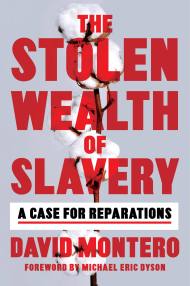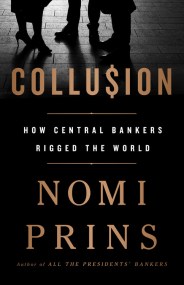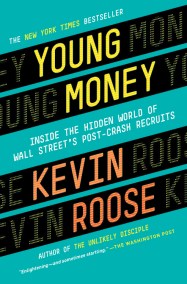Tower of Basel
The Shadowy History of the Secret Bank that Runs the World
Contributors
By Adam LeBor
Read by John Mawson
Formats and Prices
Price
$27.99Format
Format:
- Audiobook Download (Unabridged) $27.99
- ebook $11.99 $15.99 CAD
- Trade Paperback $19.99 $25.99 CAD
- Trade Paperback $19.99 $25.99 CAD
Also available from:
Created by the governors of the Bank of England and the Reichsbank in 1930, and protected by an international treaty, the BIS and its assets are legally beyond the reach of any government or jurisdiction. The bank is untouchable. Swiss authorities have no jurisdiction over the bank or its premises. The BIS has just 140 customers but made tax-free profits of 1.17 billion in 2011-2012.
Since its creation, the bank has been at the heart of global events but has often gone unnoticed. Under Thomas McKittrick, the bank’s American president from 1940-1946, the BIS was open for business throughout the Second World War. The BIS accepted looted Nazi gold, conducted foreign exchange deals for the Reichsbank, and was used by both the Allies and the Axis powers as a secret contact point to keep the channels of international finance open.
After 1945 the BIS — still behind the scenes — for decades provided the necessary technical and administrative support for the trans-European currency project, from the first attempts to harmonize exchange rates in the late 1940s to the launch of the Euro in 2002. It now stands at the center of efforts to build a new global financial and regulatory architecture, once again proving that it has the power to shape the financial rules of our world. Yet despite its pivotal role in the financial and political history of the last century and during the economic current crisis, the BIS has remained largely unknown — until now.
-
Wall Street Journal
“Adam LeBor's Tower of Basel: The Shadowy History of the Secret Bank That Runs the World makes a strident case for challenging these financial shamans [central bankers] ... Mr. LeBor's polemical tone makes his book compelling ... It's a very ugly picture, and Mr. LeBor has painted it well.”
Edward Lucas, author of Deception: The Untold Story of East-West Espionage Today“Tower of Basel is essential reading. Meticulously researched and fluently written, it reveals a slice of the modern world's untold history—a gripping tale of covert networks, secret deals and unaccountable, powerful individuals whose decisions shape our lives.”
Liaquat Ahamed, author of Lords of Finance: The Bankers Who Broke the World“Adam LeBor has written an absolutely fascinating history of the BIS, perhaps the most enigmatic financial institution in the world. The story he unveils of the many skeletons in its closet and its astounding ability to remake itself periodically only add to its mystique.”
Harold James, professor of history and international affairs, Princeton University, and author of Making the European Monetary Union
“Compelling reading—a masterly depiction of the role of the BIS in the Nazi period and Second World War.”
Booklist
- On Sale
- Jan 28, 2025
- Publisher
- Hachette Audio
- ISBN-13
- 9781668650851
Newsletter Signup
By clicking ‘Sign Up,’ I acknowledge that I have read and agree to Hachette Book Group’s Privacy Policy and Terms of Use







